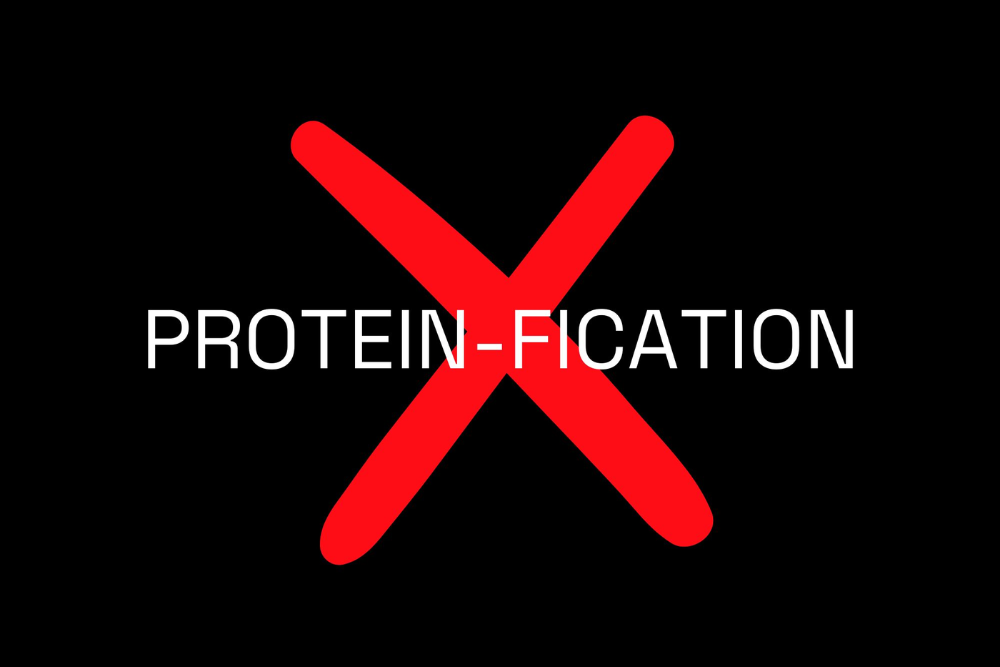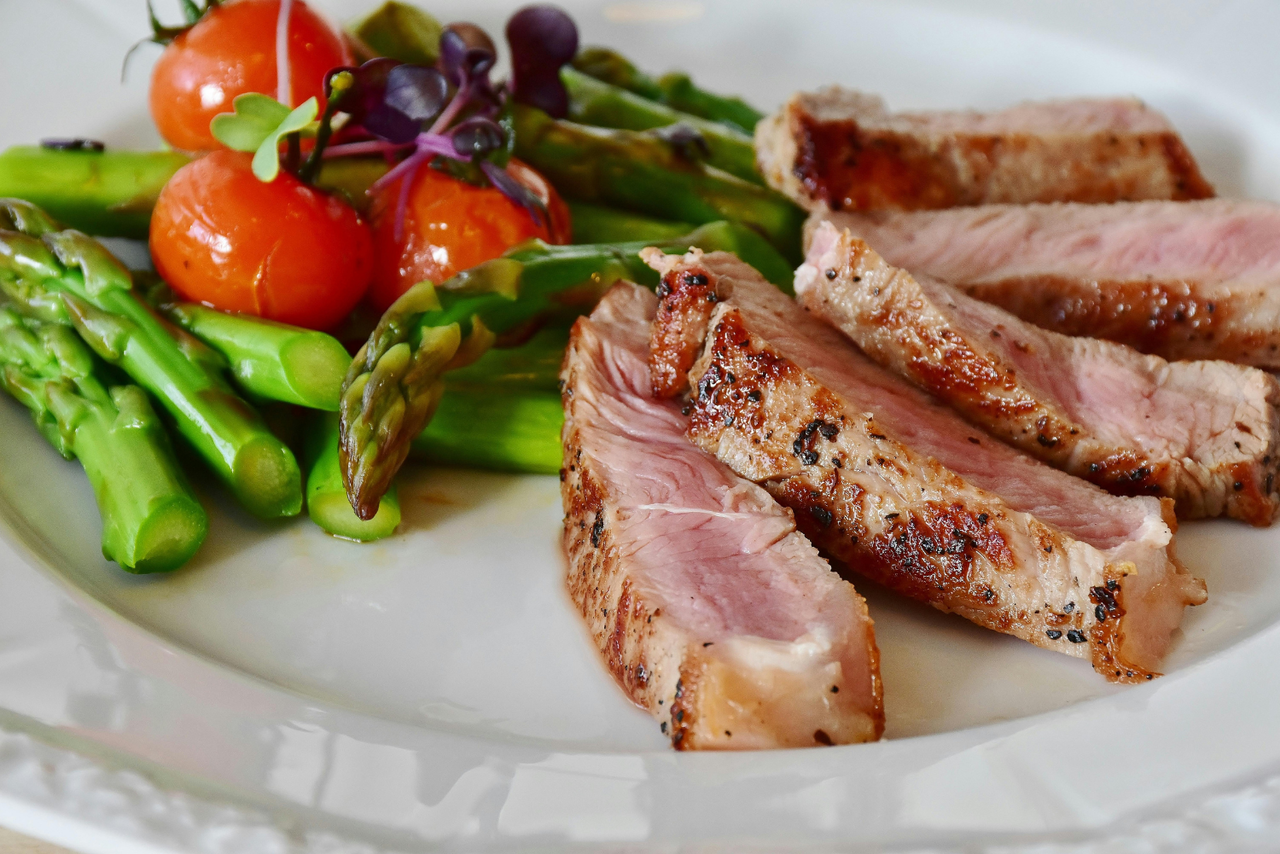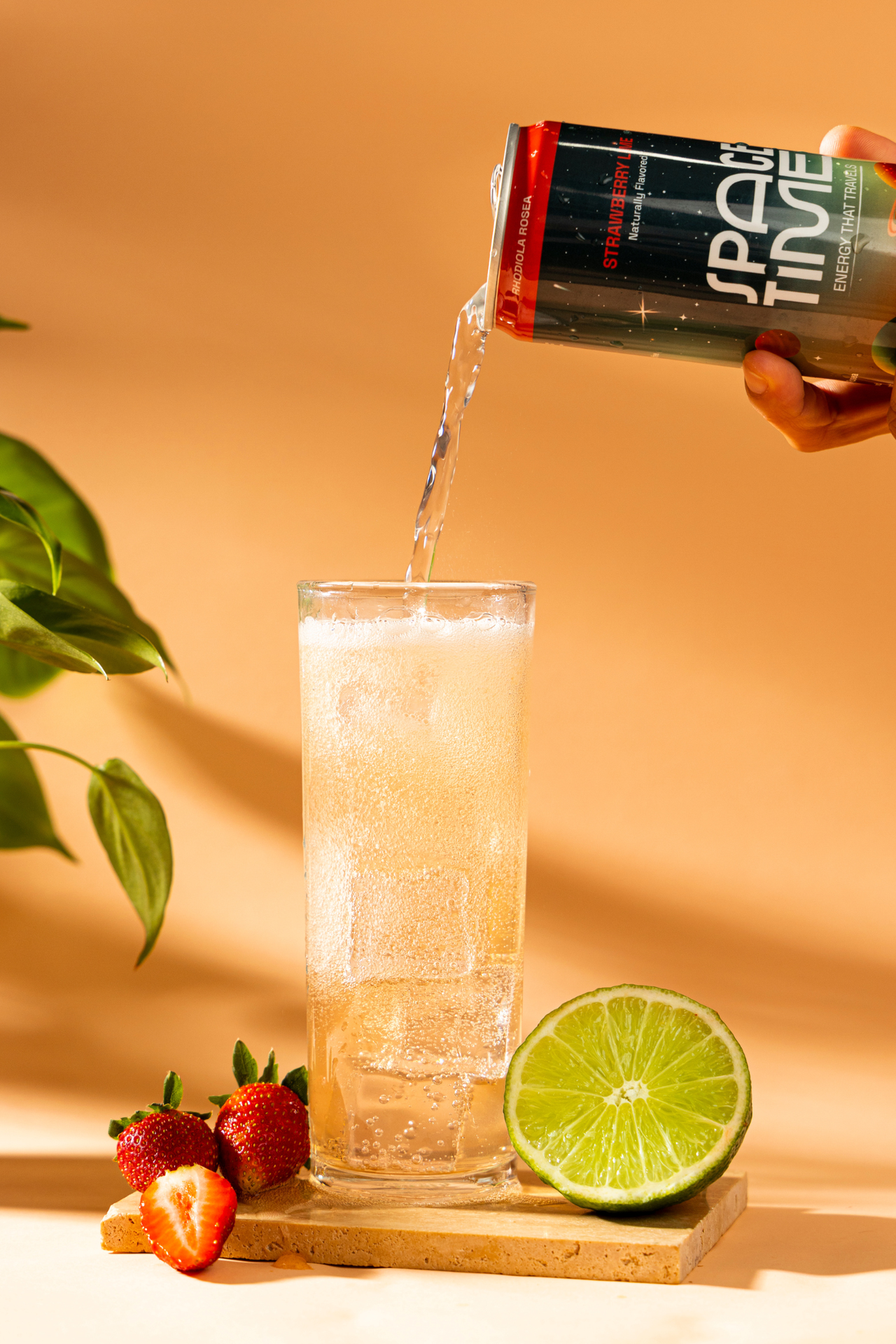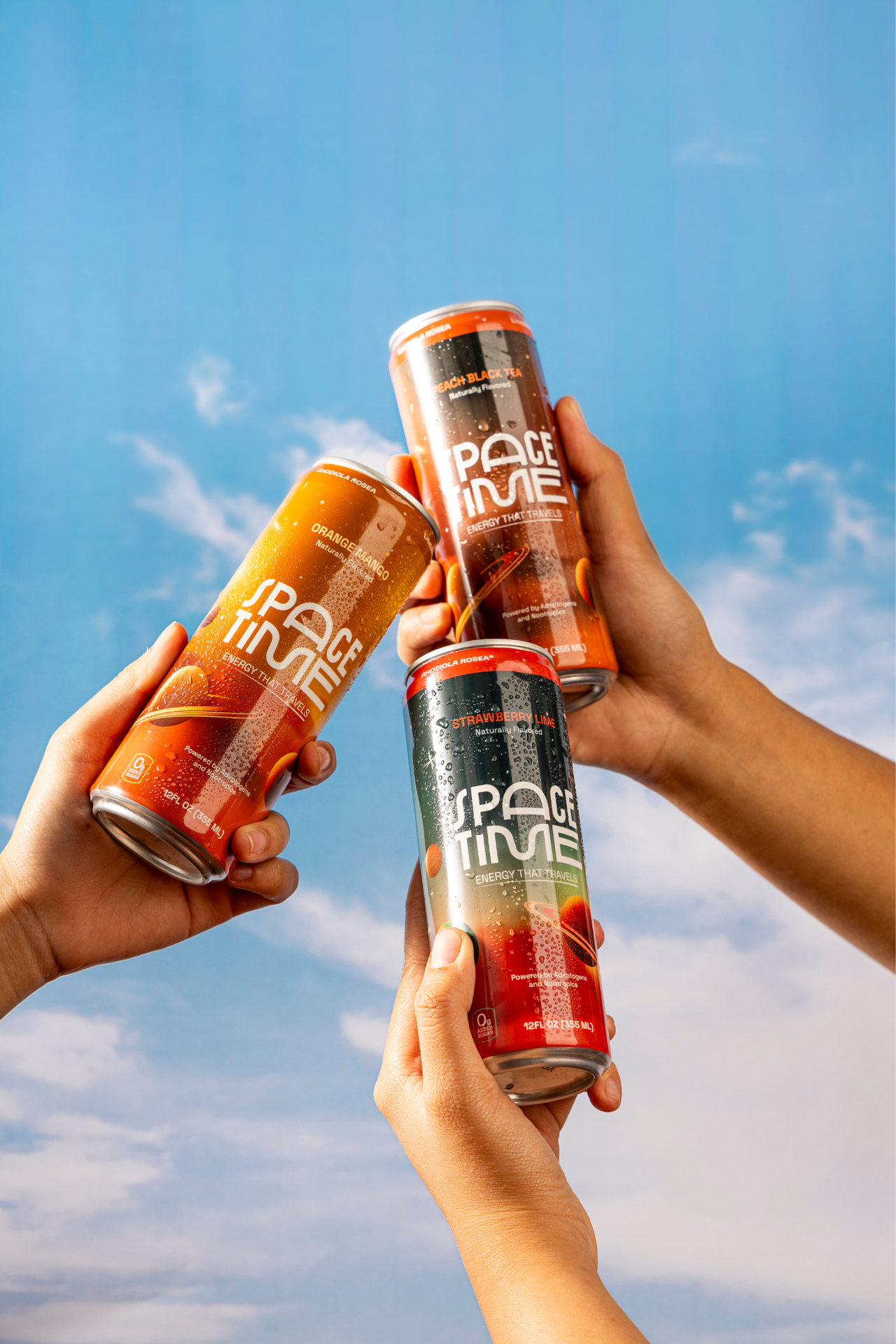Why America’s Protein Obsession Is Misguided

Vy Vo
Thu, 13 March 2025 - 4 min read

In today’s health-conscious world, it’s easy to get caught up in the latest food trends. From protein-packed snacks to seed oil-free products, the market is flooded with options claiming to be the key to better health. But are these trends really helping us, or are they just adding to the confusion? The truth is, America’s obsession with added protein and fear of seed oils is missing the mark. The real solution lies in simplifying our diets and focusing on whole, natural foods.
The Problem with Added Protein and Processed Foods
Walk down any grocery aisle, and you’ll see shelves lined with products boasting “added protein” or “high-protein” labels. While not all of these products are inherently bad, they contribute to a misleading narrative: that more protein automatically equals better health. The reality is, most people don’t need extra protein added to everything they eat. In fact, overconsumption of protein can lead to excess calorie intake, which, without proper exercise, can result in weight gain rather than muscle building.
The bigger issue lies in the overconsumption of ultra-processed foods and under-exertion in our daily lives. Many people are cutting out seed oils and artificial sweeteners—steps in the right direction—but still struggle with low energy, excess weight, and brain fog. Why? Because they’re replacing one processed food with another, rather than addressing the root cause: a diet high in refined carbs, sugars, and artificial ingredients.

The Real Solution: Rebalance Your Diet
The key to better health isn’t about adding more protein to your diet—it’s about rebalancing what you eat. Start by prioritizing whole, nutrient-dense foods. Aim to get 80% of your protein from natural sources like grass-fed meat, wild-caught fish, eggs, and legumes. These foods provide not only protein but also essential vitamins, minerals, and healthy fats that your body needs to thrive.
At the same time, reduce your intake of refined carbohydrates and avoid ultra-processed foods. Many of the so-called “healthy” protein snacks on the market are still packed with additives, preservatives, and hidden sugars. Instead of reaching for a protein bar, opt for a handful of nuts, a boiled egg, or a piece of fruit. These whole-food options are not only more satisfying but also better for your overall health.
Diets like Paleo and Ketogenic have gained popularity for a reason: they emphasize whole foods, healthy fats, and natural protein while cutting out processed junk. These approaches have helped countless people improve their energy levels, lose weight, and feel better overall. The lesson here is clear: it’s not about following the latest trend—it’s about finding a sustainable way of eating that works for you.

Why the Protein Trend Will Fade
The current “protein-fication” of everything—from chips to cereal to cookies—is a trend that’s unlikely to last. As consumers become more educated about nutrition, they’ll start to see through the marketing hype. A product with added protein and no seed oils isn’t necessarily healthy if it’s still highly processed and loaded with artificial ingredients.
What will stand the test of time is a focus on whole, natural foods. People are beginning to realize that true health comes from simplicity: eating real food, moving your body, and listening to your body’s needs. The sooner we shift our focus from trendy products to timeless principles, the better off we’ll be.
Final Thoughts
It’s time to stop obsessing over added protein and seed oils. Instead, focus on building a diet centered around whole foods, natural protein sources, and balanced nutrition. By making smarter choices and avoiding the pitfalls of processed foods, you can boost your energy, lose weight, and feel your best. Remember, health isn’t about following the latest trend—it’s about creating habits that support your well-being for the long term.
So, the next time you’re tempted by a protein-packed snack, ask yourself: is this really what my body needs? Chances are, the answer lies in simpler, more natural options.




